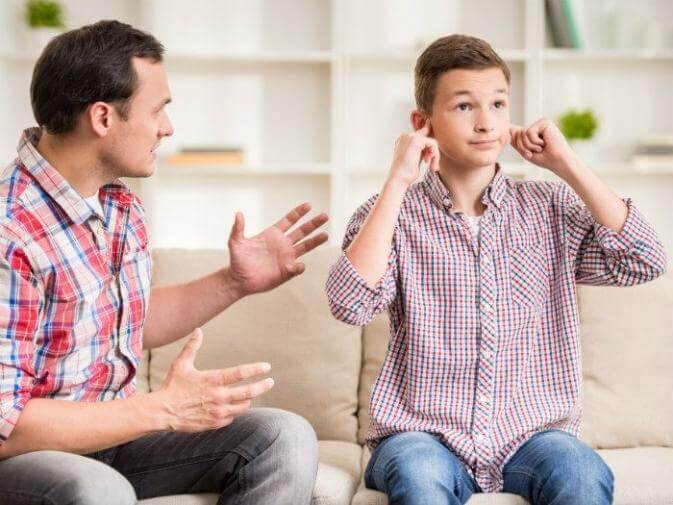Indiscipline Great dilemma and big problem. Sometimes we don’t realize this attitude, even when it’s too late, when our children’s reactions no longer make us smile but a grimace of worry or irritation, no, something, a reaction that challenges our authority or that of educators. do we solve these problems? Or, more importantly, what causes these behaviors in children?We’ll see later.
Educators and education professionals warn us that behind a rowdy child there is in fact an incorrect educational model, we must be clear as children grow up and seek our limits, and want to have their own autonomy, without yet understanding the rules of society. They can become demanding and authoritarian, unable to cope with frustration, continued demands for attention, objects and rights.
- They are children who have not been sifted and have no established limits.
- Indiscipline is.
- In essence.
- A lack of control and guidance on the part of those who have the responsibility to educate.
- It is true that each child is unique.
- That he has his own personality and a character that.
- Sure.
- Is not the same as that of the brother.
- For example.
However, it is up to all of us, such as parents, grandparents, teachers or psychologists, to adapt each behavior to such limits, where we must learn to live in society, respecting ourselves in harmony. If a child doesn’t see the limits, he won’t stop finding more and more frustration, because he or she will never see his needs and desires met. She won’t be able to respect others, not even herself.
Sometimes we can see many carefree parents so it’s important for the child. They are very permissive educational models; sometimes even un affectionate, nervous, inconsistent in their standards, dimensions that gradually shape these rebellious children that we all know and have seen.
To educate children it is necessary to assume a number of basic ideas:
? We have to assume our authority. Warning: does authority have nothing to do with raising your voice, shouting, inflexible rules, or harsh punishments, does having authority mean that as parents we have responsibilities?And obligation? To educate people who are going to live in society. People who understand the rules learn to be independent, take responsibility, and respect others. Our mandates must be consistent and logical.
? Learn how to set boundaries. They are fundamental in education, children need to know what is good and what is not, what is expected of them in each situation and what they can and cannot do, if these limits are consistent and maintained, children will be able to assume them throughout their lives and grow up to the standards. If they don’t know where the boundaries are, we will educate young people who don’t resist frustration, people who are essentially dissatisfied and dissatisfied.
? Democratic education. It is basic, each rule must be negotiated, also explaining what the purpose is, you must be close and understanding with children, so that they know that they will always be heard, that their words are important and that our rules are intended to give them instructions to teach them that the society in which they live is also made up of rules. We must give examples, establish open communication, where there is no blackmail or double meaning.
We have to be careful. Rebellious children are sometimes a reflection of misguided, permissive and selfless upbringing. As parents, as educators, we understand that having children is a big responsibility. We must fight and serve as role models, as guides in a society where we must learn to be happy. And, to be happy, do we have to respect, value, listen, give in, assume, undertake?all this is taught to us by discipline. Image courtesy of Nicoletta CeccoliVam

